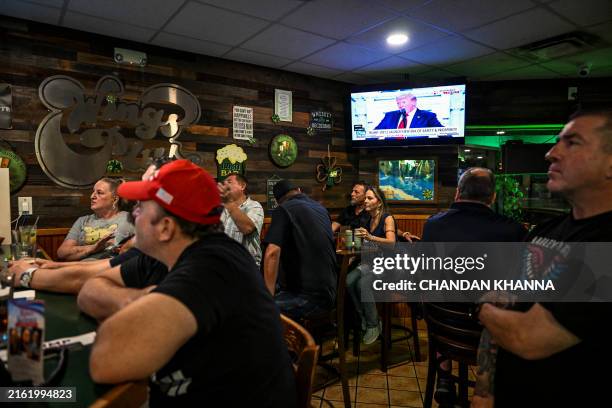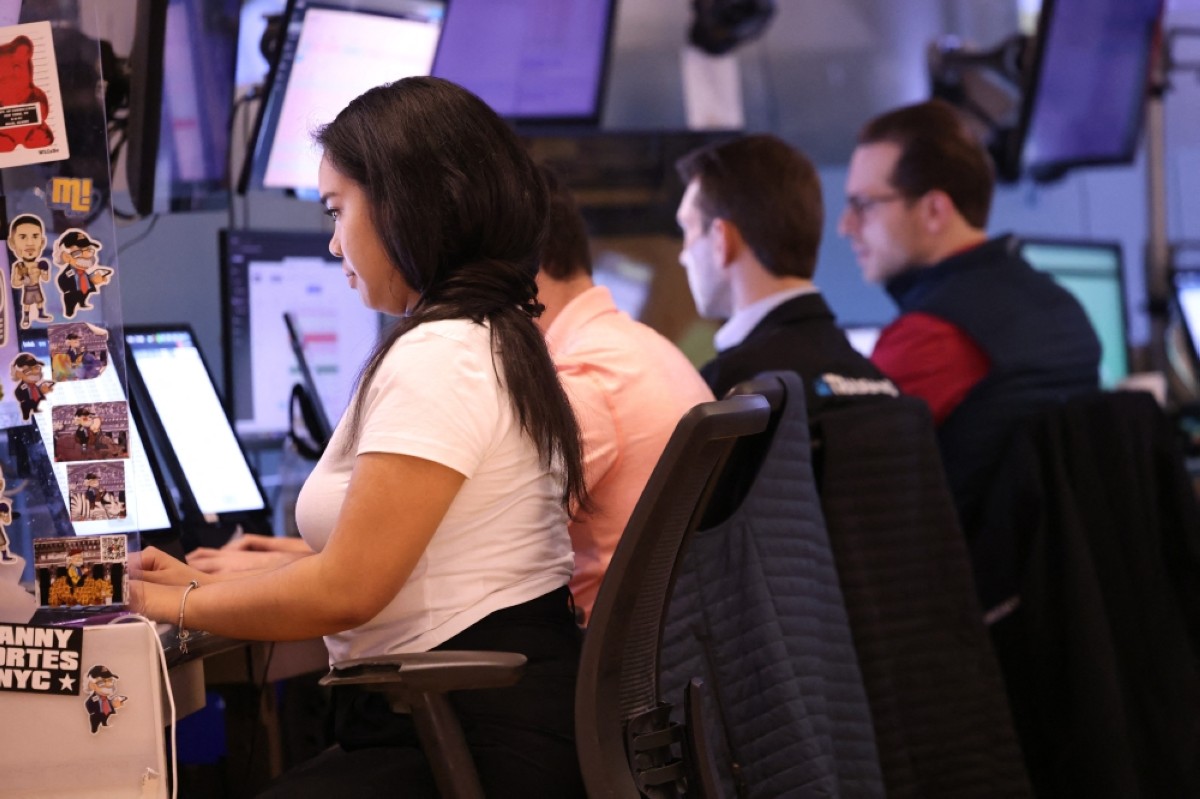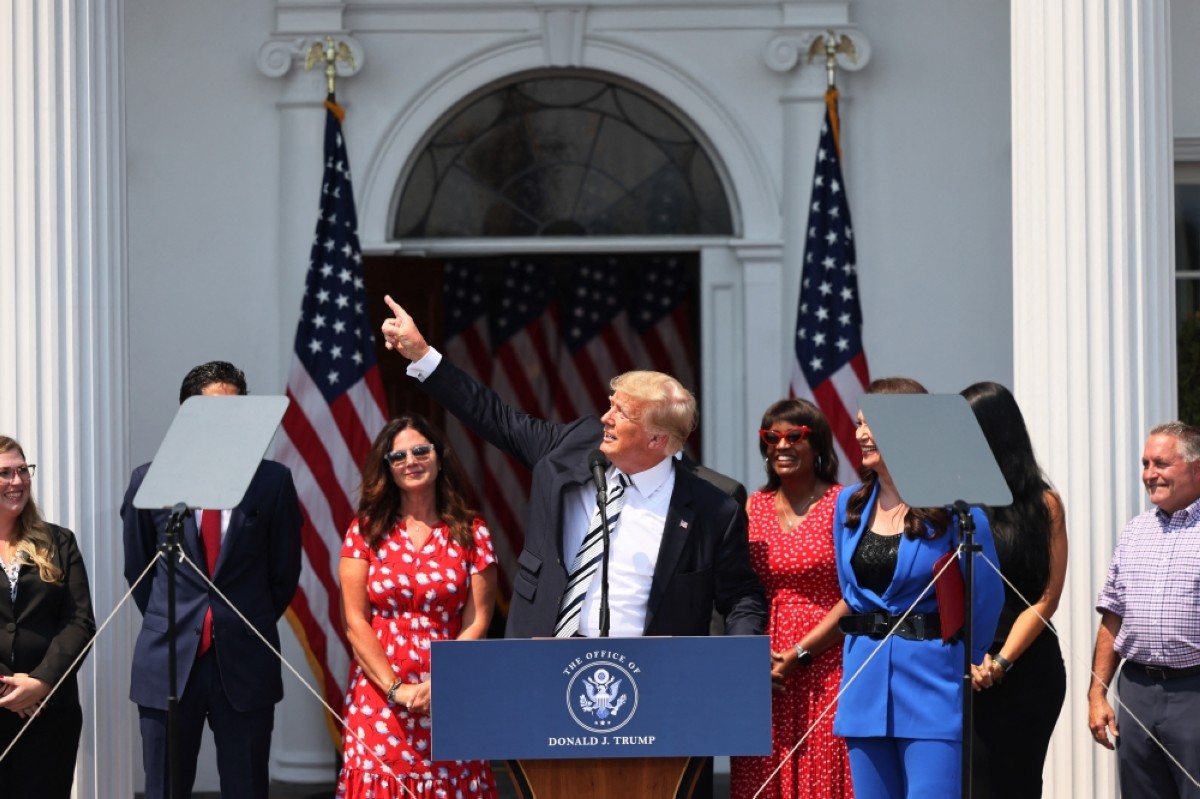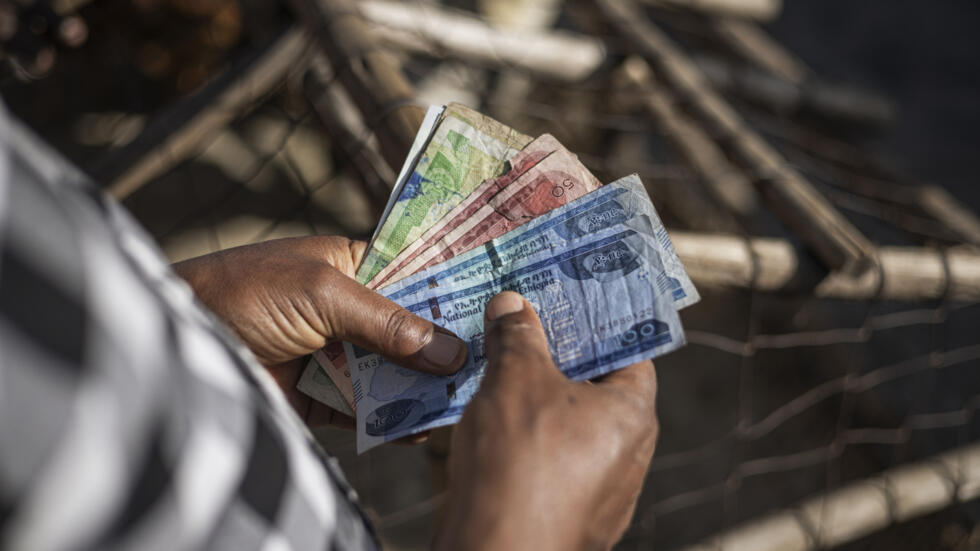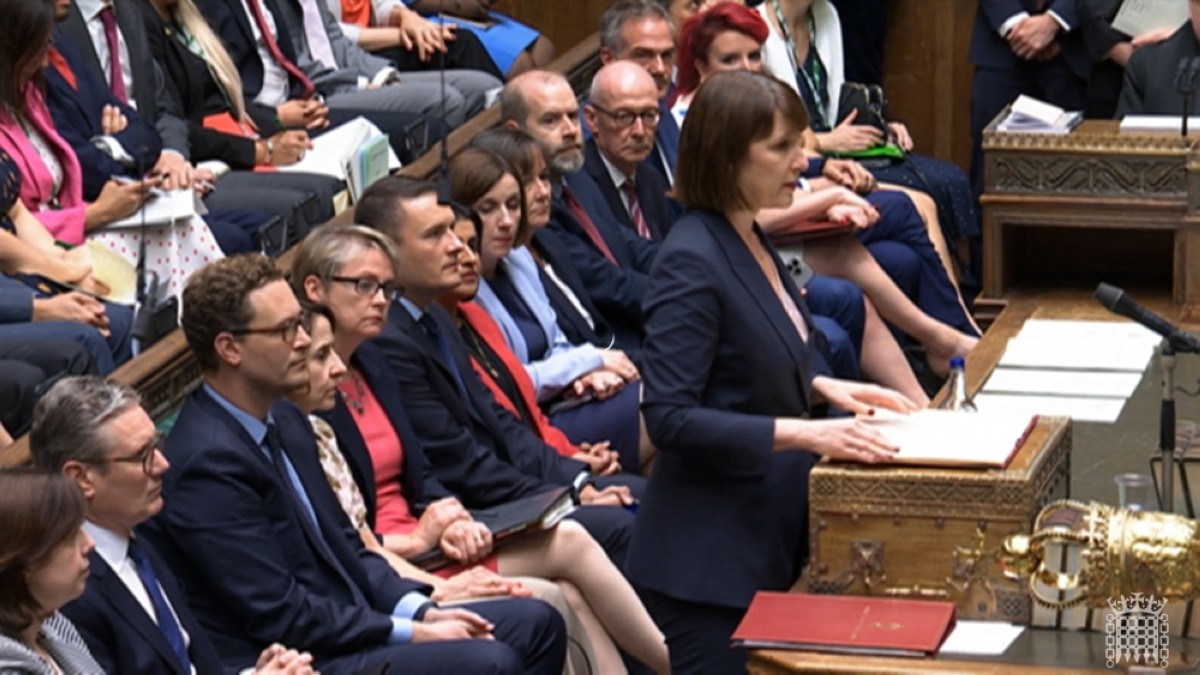China mulling more tariffs on Taiwanese goods ahead of vote
SHANGHAI: China said it would consider slapping more retaliatory tariffs on goods from Taiwan, days before the self-ruled island holds a presidential election in which relations with Beijing are a looming issue.
 TAIPEI: People look towards a view of Taipei 101 and the skyline from Jiantanshan in Taipei on January 9, 2024. – AFP.
TAIPEI: People look towards a view of Taipei 101 and the skyline from Jiantanshan in Taipei on January 9, 2024. – AFP.
China claims Taiwan as part of its territory, and has ramped up military, diplomatic and economic pressure on the island in recent years.
Beijing previously suspended tariff concessions on twelve products from Taiwan—including chemicals used in the plastics industry—over what it called “discriminatory bans” by Taipei on mainland products. The Chinese commerce ministry on Tuesday said it was “studying further measures to suspend tariff concessions”, including for machinery and auto parts, accusing the Taiwan government of “not taking any effective measures to lift trade restrictions on the mainland”.
Taiwan authorities have instead “engaged in political manoeuvring in an attempt to shift blame and avoid responsibility”, the commerce ministry said in a statement. The earlier round of tariffs by China, announced last month and implemented on January 1, prompted Taiwan to accuse Beijing of interfering in its election and deploying “classic economic coercion”. Saturday’s election will be closely watched from Beijing to Washington as voters choose a new leader to steer the island in the face of an increasingly assertive Beijing.
Beijing has maintained a near-daily military presence around Taiwan—with four Chinese balloons moving across the sensitive median line in the Taiwan Strait on Monday, the latest in a series of incursions that Taiwan and conflict experts say is a form of “grey zone” harassment. Election frontrunner Lai Ching-te, Taiwan’s current vice president, accused Beijing on Tuesday of using “all means” to influence this weekend’s crucial poll. “In addition to political and military intimidation, (it is using) economic means, cognitive warfare, disinformation, threats and incentives,” he told reporters. — AFP.




